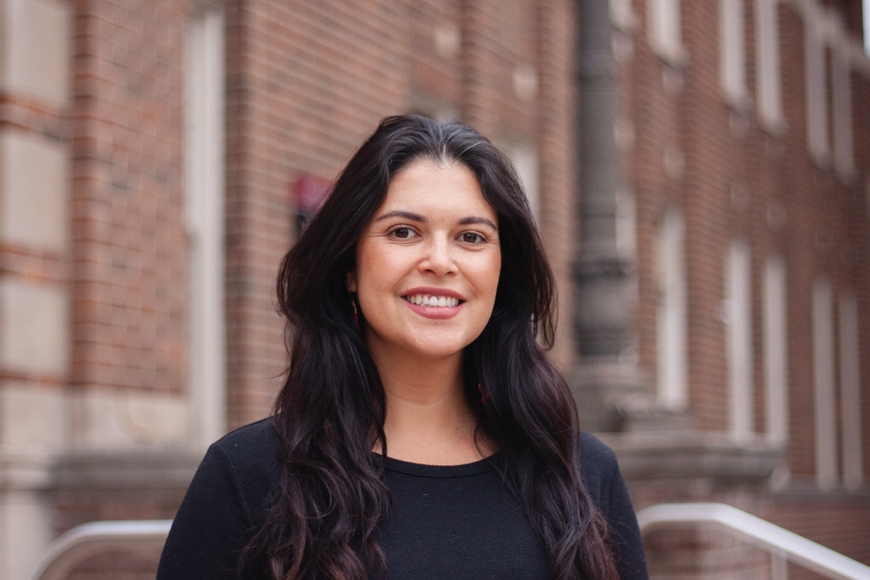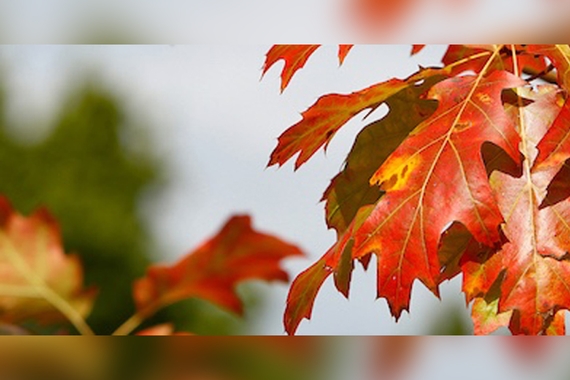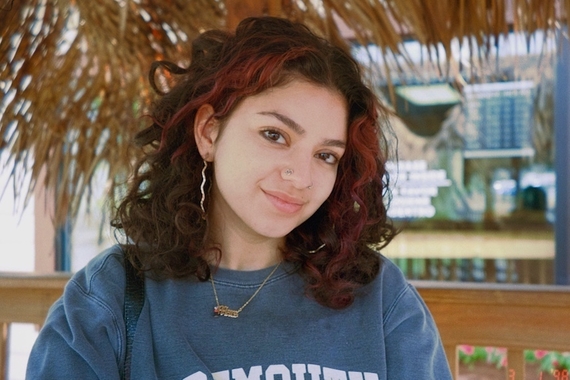The Art of Community: Latina/o/x Activism in the Twin Cities
Jessica Lopez Lyman always knew that she wanted to end up doing work in her own community. She grew up in St. Paul and has been an artist and community-engaged scholar in the Twin Cities for much of her life. She has been a part of Minneapolis performance events like B-Girl Be, the first international hip-hop conference for women.
Today, Lopez Lyman is an assistant professor in the Department of Chicano & Latino Studies. She researches local artists and uses her own art to engage the community. “I feel very fortunate that a lot of random turns of events and work and networking with people brought me back here,” she says. “My research is here, I'm from here. And so it's great to be somewhere where I always intended to be.”
Art and Environmental Justice
Lopez Lyman is following 11 contemporary, local, Latina artists and learning about how their work engages with issues like the creative economy, gentrification, cultural displacement, and current social movements. Two of the artists are Latina musical performers Lady Midnight and Maria Isa, who raise awareness and funds for the Indigenous people on the front lines of environmental justice.
Many of the artists work in solidarity with those fighting against the construction of pipelines both across the country and locally, like the new Enbridge Line 3 oil pipeline that is planned to run through Northern Minnesota. “It's been such an inspiring experience to see these Latina women out there, giving of themselves, using their art as a tool to educate,” Lopez Lyman says.
Her time observing the work of Latina artists in the Twin Cities has led to an interest in environmental justice in her own research and community work. Lopez Lyman collaborates with others to educate people on the environmental stewardship that Indigenous women practice through organizing teach-ins and symposiums for the academic community and beyond.
“Now I'm partnering with scientists and learning these crazy things about butterflies and bees and bugs and water that I never would have learned before,” Lopez Lyman says.
Latina/o/x Visibility in the Midwest
Lopez Lyman was taught to be proud of her Chicana heritage. However, when she was growing up, the Latina/o/x community in the Twin Cities was not as large as it is now. The Latina/o/x Lake Street community was still developing, and she did not see her experience as a Chicana represented. For example, she never had a Latina/o/x teacher or professor until her last year of college. She is honored to have a part in changing higher education as a Latina professor working with Latina/o/x students from across the Midwest.
When Lopez Lyman saw the research that was being done in Latina/o/x communities in the Southwest, she realized how many opportunities there are to research the work of the Latina/o/x community in the Midwest. Lopez Lyman sees her position at the University of Minnesota as her way to contribute to the community that raised her and represent a Latina experience to other students in the Twin Cities.
As an emerging scholar in Chicano and Latino studies, her work at the University of Minnesota is incredibly valuable to the Midwest in more ways than one. Traditionally, Chicano and Latino studies scholars come from disciplines like anthropology, history or English. She is one of the first people in the country to have been trained in a Chicana and Chicano studies Ph.D. program earning her degree from the University of California, Santa Barbara which was the first university in the world to offer this doctorate degree. The expertise that Lopez Lyman has brought to Minnesota is unprecedented.
Research Grounded in Community
Lopez Lyman sees Chicano and Latino Studies as a discipline founded by people who were accountable to their community. “One of the things that I really hope we can remember is that Chicana and Chicano studies started from people physically putting their bodies on the line,” Lopez Lyman says.
Her work with environmental justice is an example of learning from the connections that are fostered by community engagement.
“The women that I'm focusing on are some of the most resilient, creative change-makers that we have, not just in the Twin Cities but in the nation,” affirms Lopez Lyman. By following these women’s lead, Lopez Lyman does work in an incredibly meaningful intersection of disciplines that builds solidarity across differences.
This story was written by an undergraduate student in Backpack. Meet the team.


